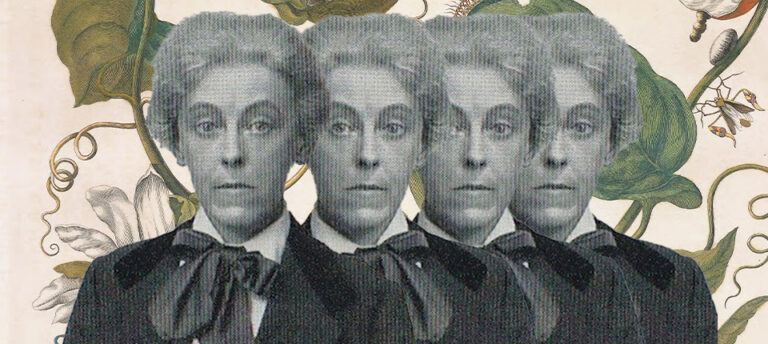Uncategorized
Lit Hub Daily: November 15, 2024
 TODAY: In 1869, English poet Charlotte Mary Mew is born.
TODAY: In 1869, English poet Charlotte Mary Mew is born.
- Gabrielle Bellot on the radical and harrowing nature of being trans in Trump’s America. | Lit Hub Memoir
- “Goodness is neither wisdom nor wealth; ironically, like evil, in its purest form good is not instrumental, utilitarian, or even pragmatic.” Ed Simon on the Seven Deadly Sins and how good and evil have manifested throughout the ages. | Lit Hub History
- Dorsía Smith Silva recommends essential collections of ecopoetry by Craig Santos Perez, Juliana Spahr, Alexis Pauline Gumbs, and more. | Lit Hub Reading Lists
- This week on The Lit Hub Podcast, Jadie Stillwell and Nicole Blackwood talk about Nancy Drew and Ryan Chapman calls in about the Booker Prize. | Lit Hub Radio
- Richard Price’s Lazarus Man, Lili Anolik’s Didion & Babitz, and Katherine Rundell’s Vanishing Treasures all feature among the best reviewed books of the week. | Book Marks
-
“where the heatstruck anthropologist writes / his prophecy in a wrenched tense: / ‘Their gods…they’ve drowned.’” Read “Anthropology,” a poem by Ishion Hutchinson from the collection Far District. | Lit Hub Poetry
- Adrian Tomine gives advice to those trying to build a creative career: “It’s important for aspiring artists to be honest with themselves and really think about what they’re aiming for.” | Lit Hub Craft
- “The words and connotations of cardinal directions that are spoken give shape and order to societies.” Jerry Brotton on how ancient cultures conceptualized the cardinal directions. | Lit Hub History
- “Ever since my mother’s death, which had also been the death of my entire family, falling in love had become a completely different experience for me.” Read Ine Boermans’ story “Love Interbellum,” translated by Sarah Timmer Harvey and published in The Michigan Quarterly Review. | Lit Hub Fiction
- Jonathan Lethem considers Philip K. Dick, colonialism, and Palestine. | The Paris Review
- How white nationalist John Tanton became an architect of the American anti-immigration movement by blending “ecology with eugenics.” | Salon
- From “The Legend of Sleepy Hollow” to Salem’s Lot: what happened to a little bird called the whip-poor-will, formerly a harbinger of literary terror? | JSTOR Daily
- “It also throws a sharp light on Munro’s later fiction, throughout which elements of Andrea’s experience, and all that came after it, can be found.” Anne Enright reexamines Alice Munro. | New York Review of Books
- Rhoda Feng on Ayad Akhtar’s AI play McNeal, “a work that often seems more like a simulacrum of a play than the red-blooded real thing.” | The Nation
- Historian and law professor Annette Gordon-Reed recommends books for our fractured political moment. | The New Yorker